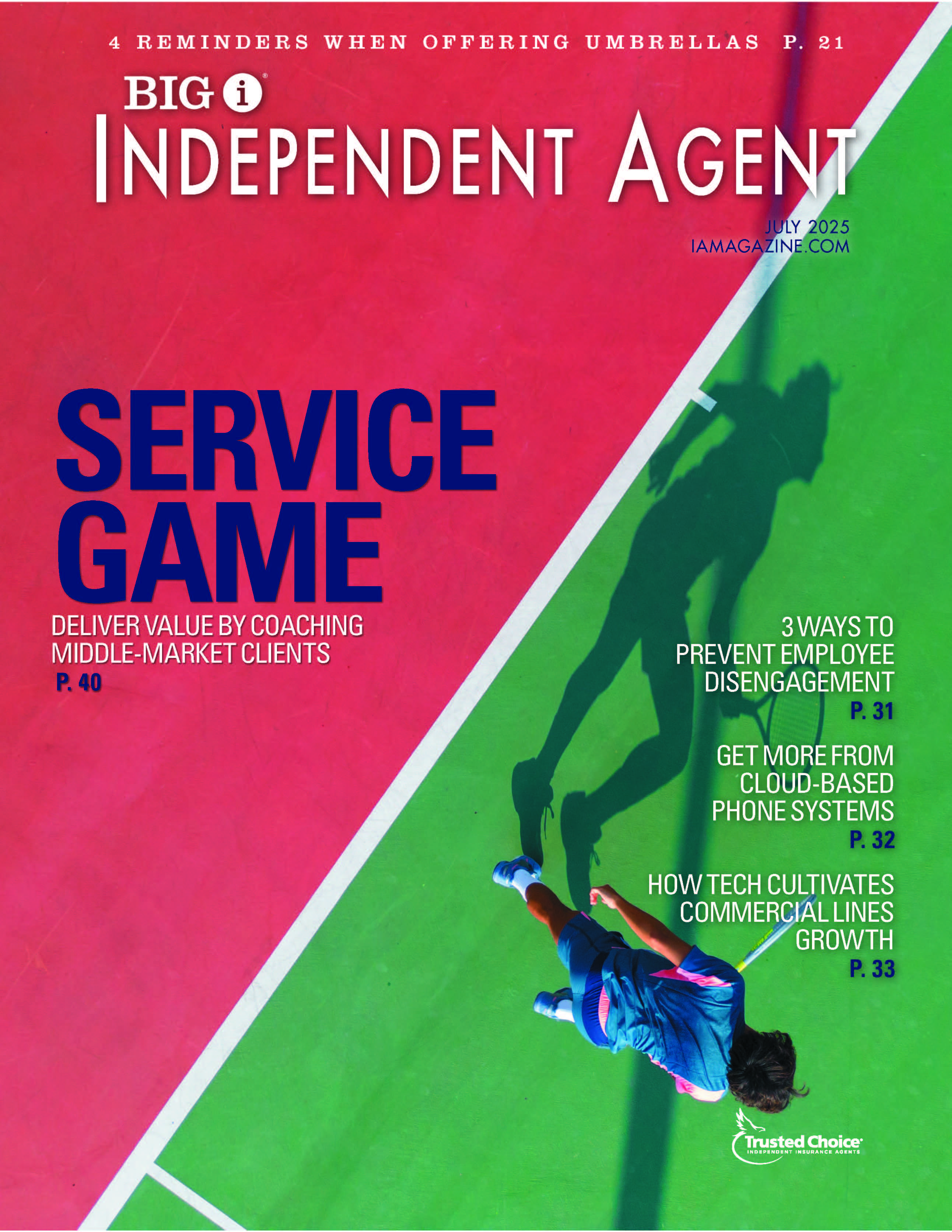Recreational Boating Sees a Boom but Insurance Market Voices Concerns

By: Olivia Overman
Outdoor recreation accounted for 1.8% ($374.3 billion) of the nation’s gross domestic product (GDP) in 2020, according to data released by the U.S. Department of Commerce’s Bureau of Economic Analysis (BEA) in November 2021. Of that total, boating and fishing were identified as the largest of those activities at $30.8 billion for the nation and the largest conventional activity in 39 states and the District of Columbia.
“People have been looking for ways to get out and do things despite the pandemic restrictions, and recreational boating offers great options,” says John Beachley, national product line director, yacht at Intact Ocean Marine. “As a result, boat sales seem to be continuing on an upward trend since 2020, creating a need in the market for insurance.”
This has been great news for carriers and agents alike. Following record sales of recreational boats in 2020, new powerboat sales exceeded 300,000 in the U.S. in 2021 for the second time in 15 years, according to the National Marine Manufacturers Association (NMMA). And sales are expected to continue to exceed this number by a projected 3% in 2022.
But while this is good news, there are several concerns for both agents and carriers as more inexperienced people are taking to the waters.
“The demographic of our new customer is younger and less experienced than what we’ve seen in the past, which fits the narrative of what we’ve been hearing from dealers and manufacturers,” says Rick Stern, boat product manager, Progressive. “Clients who are new to boating are likely new to boat insurance, so they need to be guided through the quoting process so that appropriate coverages and limits are quoted.”
Matt Bryant, senior broker, marine, Burns & Wilcox, echoes that sentiment. “Agents need to take the time to review customer needs and pay detailed attention to each specific boat,” he says.
Many states are looking to rein in the explosion of inexperienced boaters by “requiring boating licenses, certifications or classes for owners,” Bryant says. “When working with new boat owners, I encourage agents to recommend their customers hire a licensed captain to spend a few hours riding along and instructing them on safe operations. While many insurers will require this regardless, it is a good practice for any inexperienced or new boat owner.”
Additionally, while technological innovation has certainly made boats easier for people to operate and more accessible to a wider customer base, modern technology also raises concerns for agents and carriers when it comes to claims costs.
“Boats can have everything from autopilots, radar, expensive audio and video systems and more,” Bryant says. “Due to this, lightning losses have increased exponentially, and many insurance policies are adding high deductibles for lightning. It is common to see a lightning loss exceed $100,000, even on a modest yacht.”
In certain cases, the ease of operating a boat because of technological advances is leading consumers to purchase boats that are unsuitable. “With the innovations making boats easier to operate, we are seeing boaters acquiring boats that are too large to safely operate based on their experience levels,” Beachley says. “Agents should always encourage that customers begin with boats that are commensurate with their experience and take appropriate training for safe operation.”
However, technology is assisting clients when operating their boats in certain circumstances. “The advent of joysticks for some watercraft has made docking—one of the most daunting challenges for new boaters—much less stressful, so we think it’s made boating less intimidating for some,” Stern says. “This will hopefully lead to fewer collisions with the dock claims.”
However, despite safety features, if the boat is damaged “with more technology, higher repair costs might follow,” Stern adds.
Unfortunately, as the sales of recreational boats and yachts have been increasing, the insurance market has seen some shrinking in capacity as carriers exit the market.
“We are still seeing challenges like the recent announcement of SafeWaters’ exit from the recreational boat market,” Bryant says. “Additionally, even markets that are traditionally stable and already equipped for difficult-to-place risks, such as Concept Special Risks, a U.K.-based international managing general agent (MGA), remain inundated with submissions.”
Olivia Overman is IA content editor.









